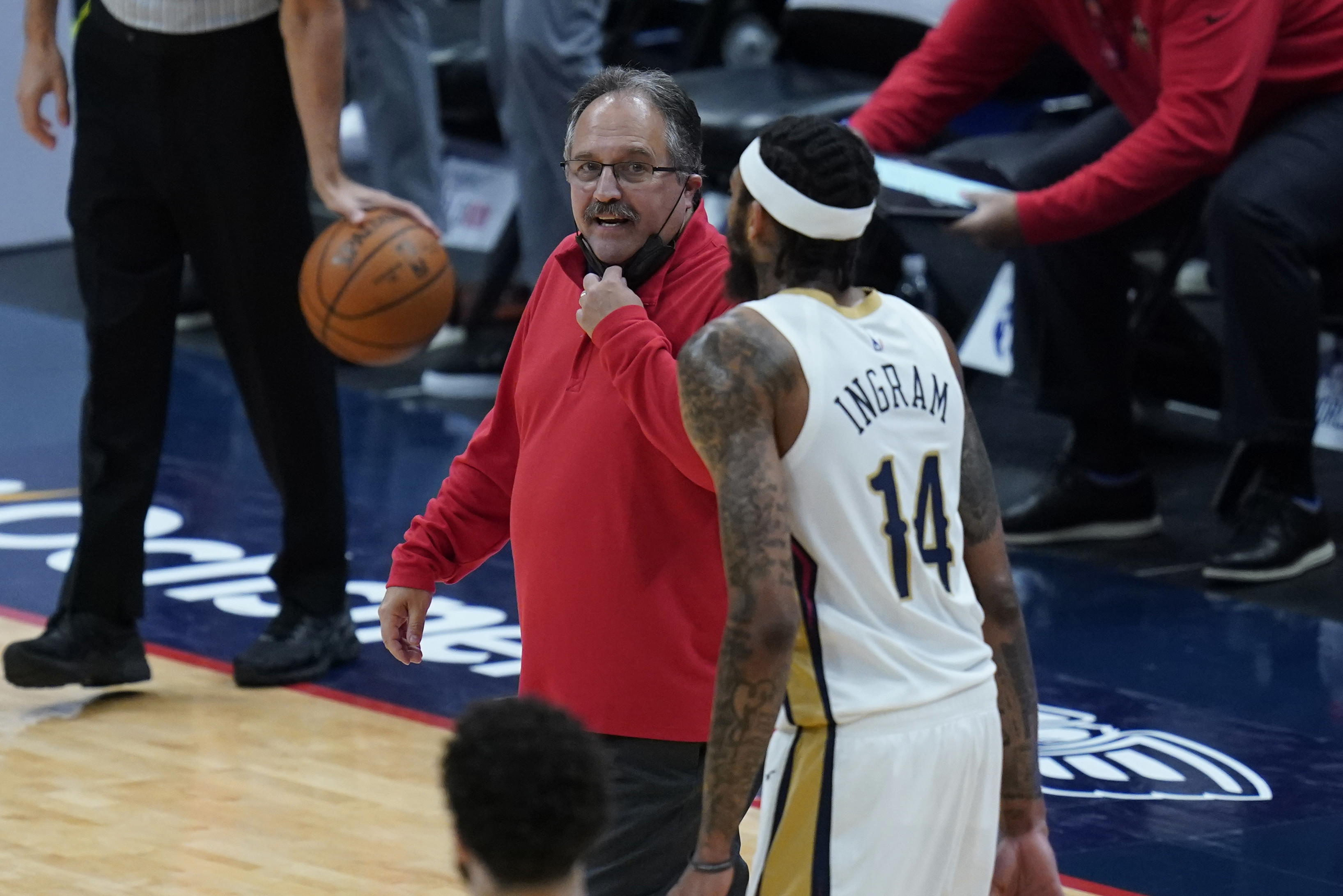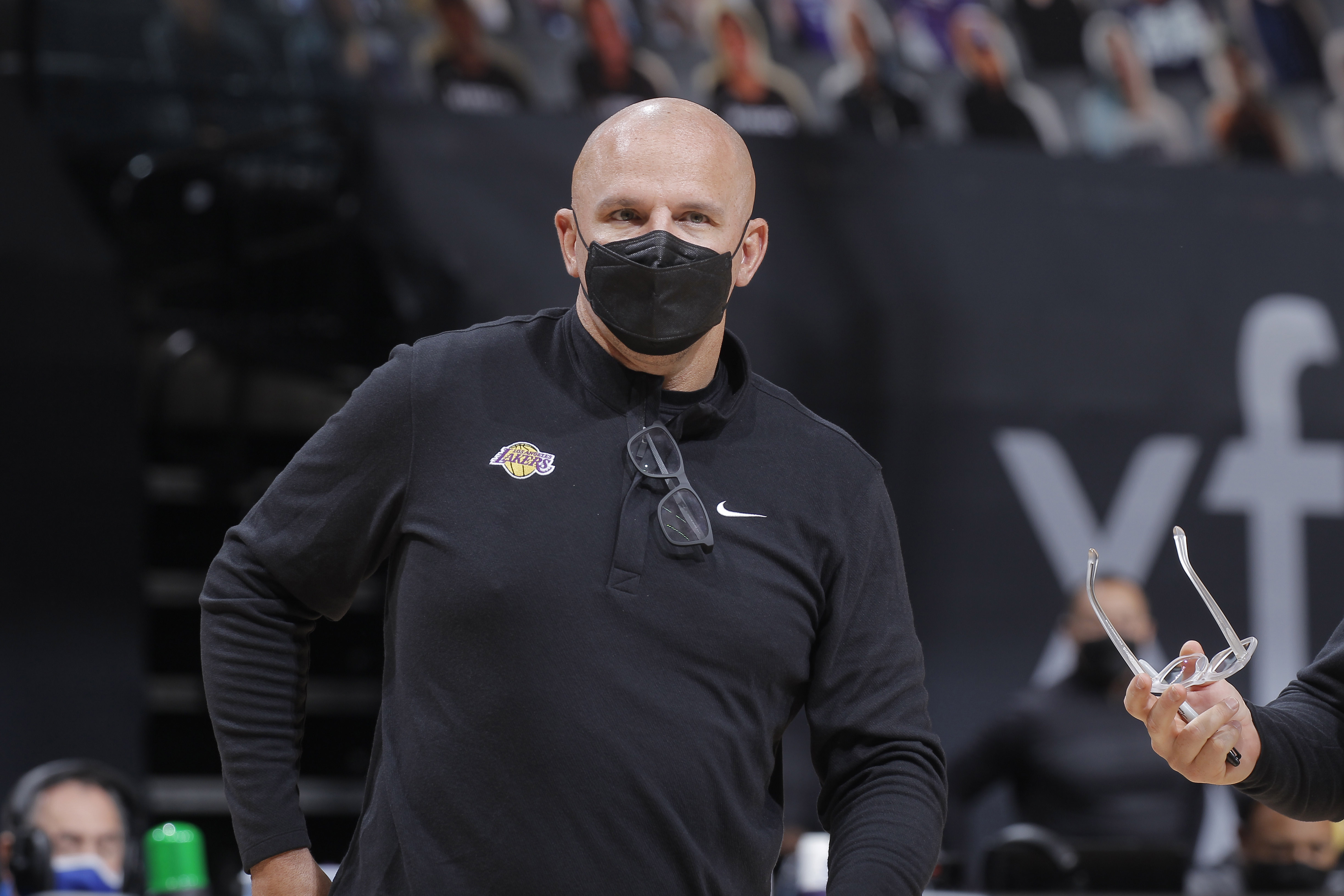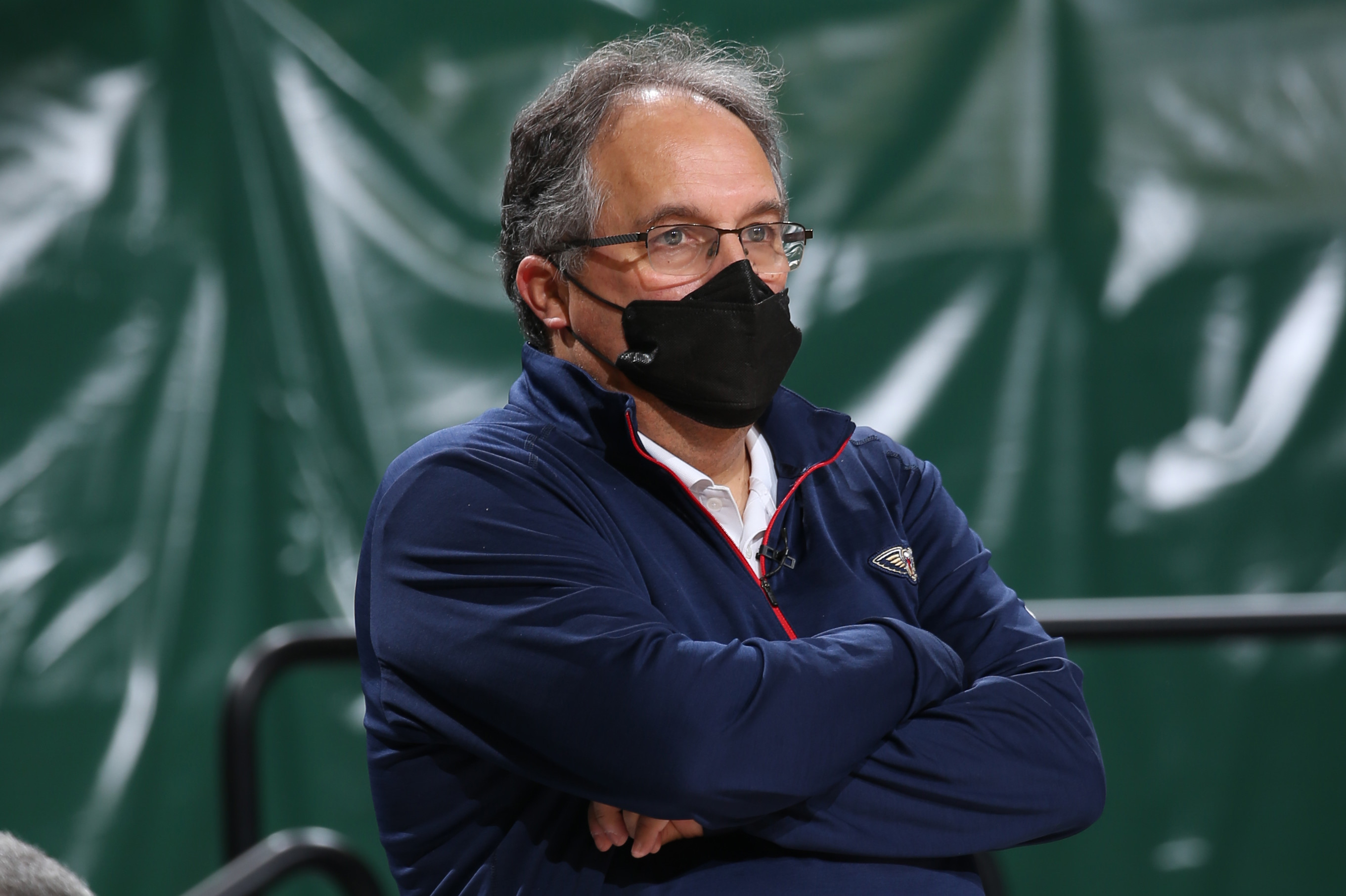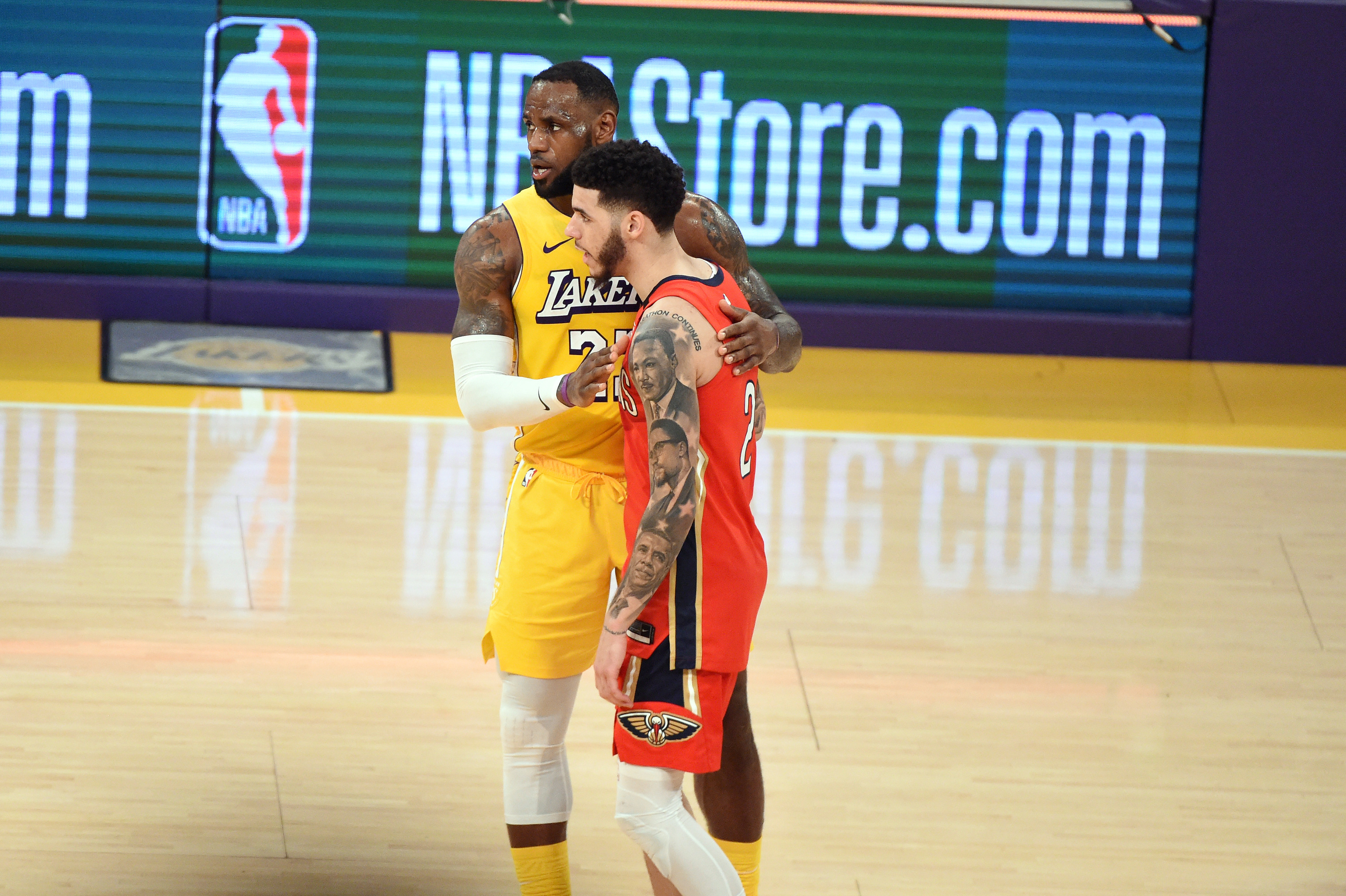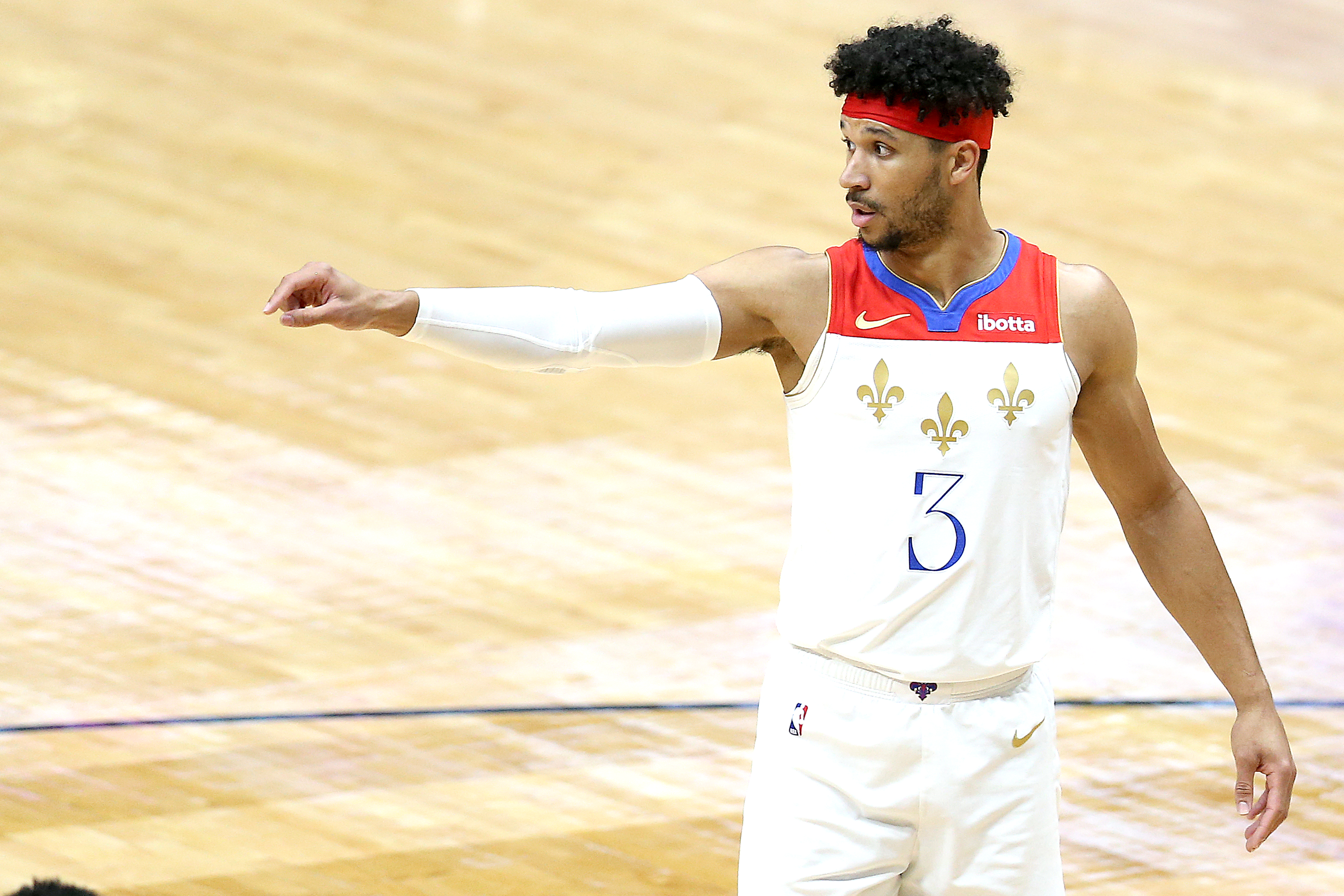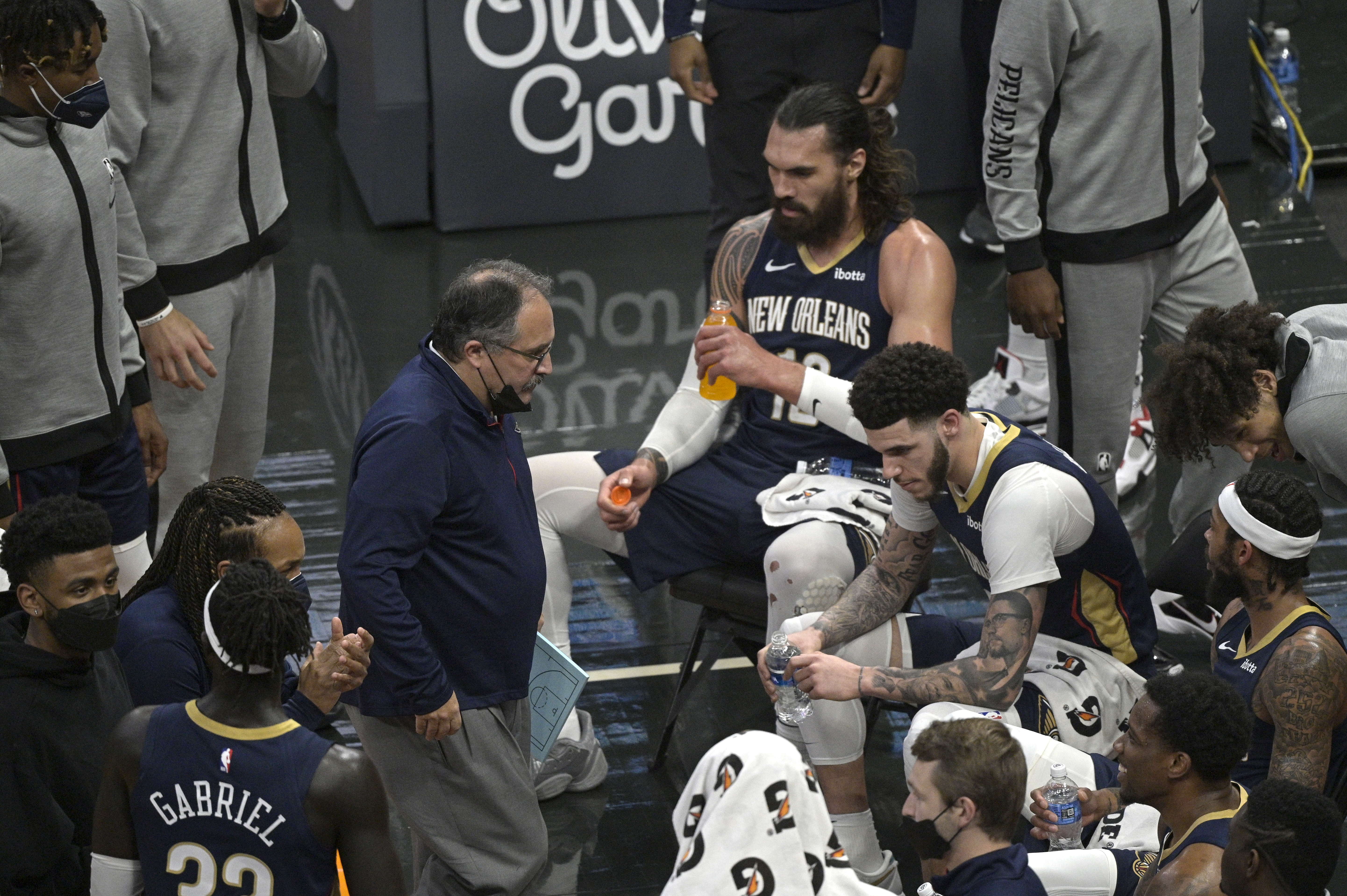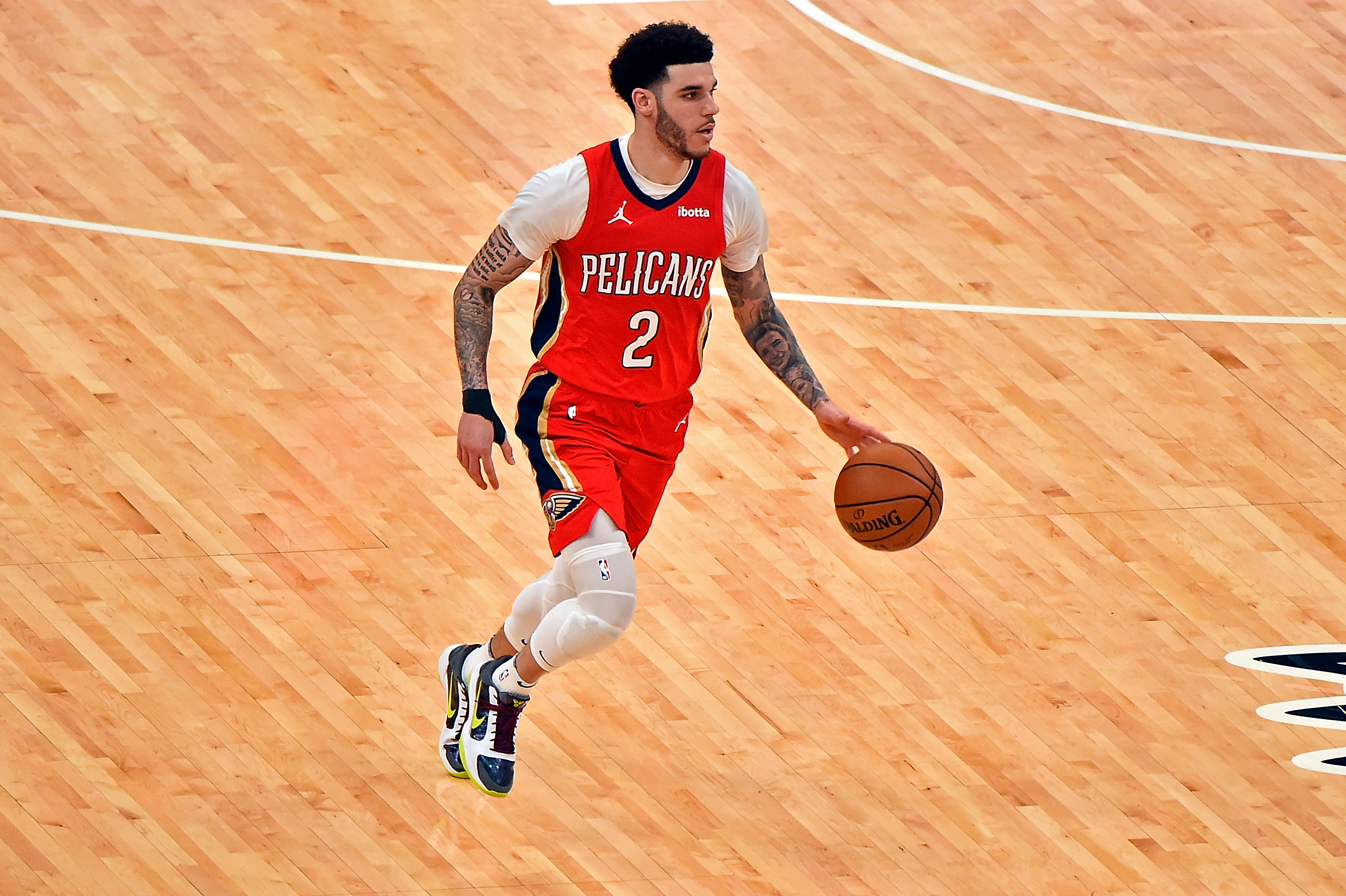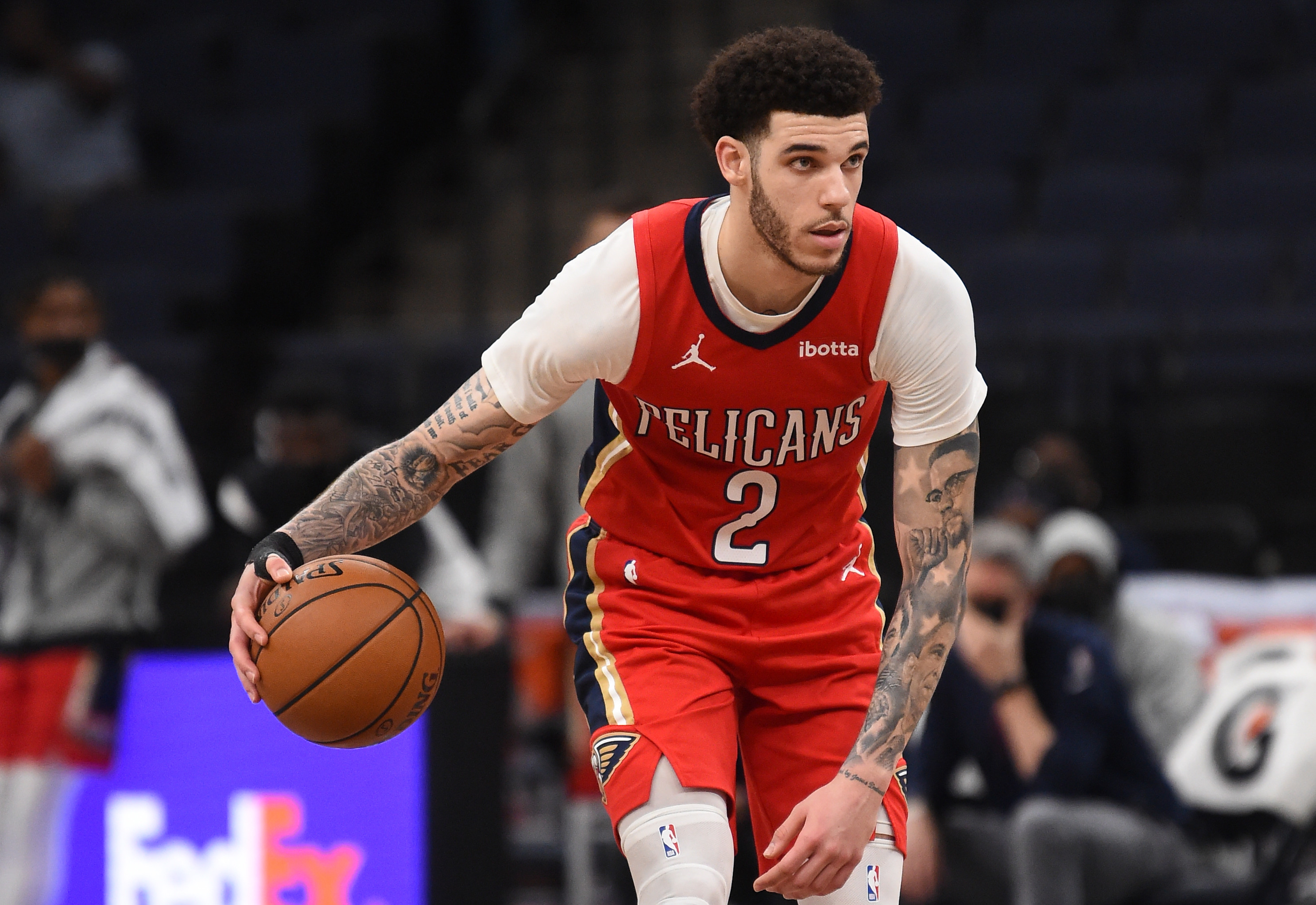Why the New Orleans Pelicans Fired Stan Van Gundy

The New Orleans Pelicans and head coach Stan Van Gundy agreed to part ways Wednesday, team sources confirmed to Bleacher Report. The decision comes after just one season in which Van Gundy's coaching and communication style never seemed to find its footing with Pelicans players and staffers, sources said.
Whomever executive vice president David Griffin hires next will likely be someone he feels he can better collaborate with than Van Gundy. Van Gundy's preference to play veterans such as Eric Bledsoe often ran contrary to Griffin's hopes of playing the first-round picks his staff has selected in Nickeil Alexander-Walker, Kira Lewis Jr. and Jaxson Hayes, sources said.
Griffin, sources said, is a front-office mind who wants input in his coach's rotations and lineup configurations, such as Zion Williamson's optimal position. Griffin's front office emphasized moving Williamson from the frontcourt into more of a lead ball-handler.
Multiple Pelicans staffers believe that adjustment, as well as letting Van Gundy go, was in part due to continuing efforts by Griffin to win favor with Williamson, such as his public statement about adverse officiating toward his team's star that drew a $50,000 fine. Brandon Ingram is also believed to have soured on Van Gundy throughout the season, sources told B/R.
It appears Van Gundy was not the Pelicans' first choice for this position a year ago. When New Orleans dismissed Alvin Gentry following the Pelicans' stint in the Orlando bubble, the front office had hopes of landing then-Clippers assistant Tyronn Lue as the franchise's next head coach. Lue, of course, coached Cleveland's 2015-16 championship team while Griffin served as general manager.
Lue did interview for the position, but there was a widespread belief around the NBA that Lue preferred the Houston Rockets' opening—before James Harden requested a trade—or the Philadelphia 76ers' vacancy if he did not return to the Clippers and become elevated to Los Angeles' head coach.
All the while, Van Gundy was serving as a color commentator for TNT's broadcasts from Orlando. The veteran coach garnered significant attention with his thoughtful in-game analysis, mixed with an unwavering Twitter presence that specifically supported Black Lives Matter and social justice efforts.
With a clear goal to make the playoffs behind Williamson, the Pelicans shifted focus onto Van Gundy, rather than a first-time head coach, sources said. Van Gundy was suddenly billed as a hire who could altogether win the press conference, relate to players and use his previous experience to lead New Orleans into the postseason.
Van Gundy was officially hired on October 21, just over a month before players were allowed to report to team facilities for individual workouts. Perhaps that shortened offseason limited Van Gundy in organically building relationships with Pelicans figures, ranging from governor Gayle Benson to star players like Williamson and Ingram. Van Gundy only had a two-week training camp and frequently lamented the lack of practice time, sources said, that came under the league's reduced calendar this season.
Nonetheless, Van Gundy's traditional basketball ideologies and old-school mentality have been described as an "oil-and-water" fit in New Orleans' culture. Where previous coaches and other Pelicans staffers have made clear efforts to cultivate a rapport with Benson, Van Gundy never did so, sources said.
A particular friction emerged within basketball operations this season on what playing style could maximize Williamson and the rest of New Orleans' roster. The Pelicans were not a slow team by any stretch, finishing the year 10th in pace at 100.5. But Van Gundy's tendency to run more methodical, diagrammed half-court sets ran counter to Gentry's whirring offense, one that pushed New Orleans back into the 2020 playoff picture with the Pelicans rattling off 106.1 possessions per contest from Feb. 1 until the season shut down.
Yet finding a coach who was different from Gentry was a priority for New Orleans, sources said. Van Gundy places a greater tactical emphasis on defense. Griffin also chose to trade for Steven Adams and sign the center to a contract extension, which would have an impact on any coach's preferred style of play.
The Pelicans sought to create a more rugged outfit that could truly contend for the postseason, but there was initial skepticism around the NBA that Adams' impact on that end of the floor would be worth muddying a runaway offense where Williamson and Ingram wreaked havoc in transition, especially with a point guard like Lonzo Ball so willing to throw ahead into the open court. As New Orleans drifted in and out of postseason contention, it became clear to Pelicans officials and players that Van Gundy's style was not a match for the Pelicans' young core.
Griffin now seems to face an increasing amount of pressure to successfully find Van Gundy's replacement. Current Pelicans assistants Fred Vinson and Teresa Weatherspoon are both considered by league sources as serious candidates, but various figures around the NBA questioned the readiness of either to fully assume a head coaching post. Milwaukee Bucks assistant Charles Lee, viewed by many as a premier rising head coaching prospect, is expected to draw particular interest for this position as well.
With Washington also parting ways with Scott Brooks on Wednesday, there are now six head coaching vacancies across the league—and perhaps more to come as the postseason continues to unfold. Griffin now needs to make such a critical hire in an increasingly crowded market, and this decision could have seismic ripple effects on the Pelicans franchise and the years to come in New Orleans.
Jake Fischer covers the NBA for Bleacher Report and is the author of Built to Lose: How the NBA's Tanking Era Changed the League Forever.

